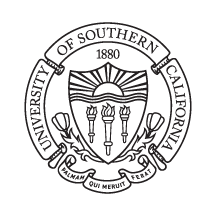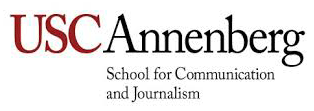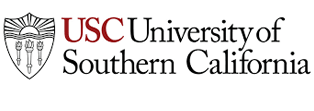
This study explores the computer-mediated communication (CMC) practices of the transnational civil society organizations involved in the United Nations sponsored World Summit on the Information Society (WSIS). Informed by international regime theory, this study asks four specific research questions. (1) To what degree did civil society use CMC to organize its work and participate in WSIS? (2) How did the civil society use CMC? What barriers did it face, and how did it overcome those barriers? (3) To what extent do these CMC practices reveal the existence of policy networks and their linkages with epistemic communities? (4) What was the effect of civil society’s use of CMC? Using both quantitative and qualitative data from an international survey and archival research, the study finds that e-mail lists are the primary CMC tools used within the sector, although attempts have been made to introduce more sophisticated applications to aid collaboration. Within the civil society sector we find strong evidence of a readiness to collaborate along several dimensions, including high levels of cognitive and affective trust. The study finds significant civil society participation in global policy networks, with numerous explicit linkages to epistemic communities. finally, we find that civil society has been active in nearly all of the WSIS policy processes, and developed a coherent, socially-oriented policy contribution, but has had limited overall influence on the final conference outcomes. The paper concludes by discussing the implications of these findings for the global governance of cyberinfrastructure and the Information Society, and provides recommendations for the second phase of the WSIS scheduled for November 2005 in Tunisia.
Computer-Mediated Communication (CMC); Transnational Civil Society Organizations; UN; World Sumit on the Information Society (WSIS); Global Policy Networks










